Fathers and Sons
The fathers and children of the novel refers to the growing divide between the two generations of Russians, and the character Yevgeny Bazarov has been referred to as the “first Bolshevik”, for his nihilism and rejection of the old order. Turgenev wrote Fathers and Sons as a response to the growing cultural schism that he saw between liberals of the 1830s/1840s and the growing nihilist movement. Both the nihilists (the “sons”) and the 1830s liberals sought Western-based social change in Russia. Additionally, these two modes of thought were contrasted with the conservative Slavophiles, who believed that Russia’s path lay in its traditional spirituality. Fathers and Sons might be regarded as the first wholly modern novel in Russian Literature (Gogol’s Dead Souls, another main contender, is sometimes referred to as a poem or epic in prose as in the style of Dante’s Divine Comedy). The novel introduces a dual character study, as seen with the gradual breakdown of Bazarov’s and Arkady’s nihilistic opposition to emotional display, especially in the case of Bazarov’s love for Madame Odintsova and Fenichka. This prominent theme of character duality and deep psychological insight would exert an influence on most of the great Russian novels to come, most obviously echoed in the novels of Tolstoy and Dostoevsky. The novel is also the first Russian work to gain prominence in the Western world, eventually gaining the approval of well established novelists Gustave Flaubert, Guy de Maupassant, and Henry James, proving that Russian literature owes much to Ivan Turgenev. (Summary from Wikipedia)
| Language |
English |
|---|---|
| License Type |
Premium |
| Publication Type |
Audio Books |
| Publication Mode |
Online |
Kindly Register and Login to Tumakuru Digital Library. Only Registered Users can Access the Content of Tumakuru Digital Library.
You must be logged in to post a review.



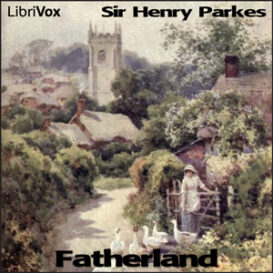
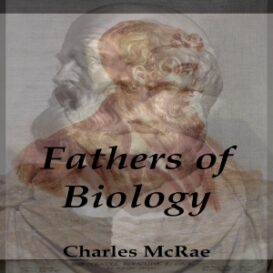
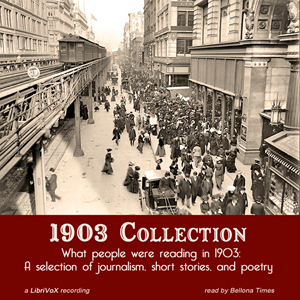
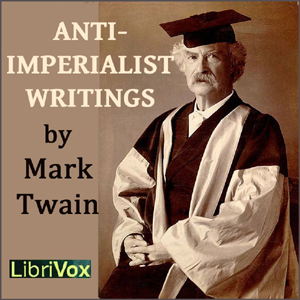
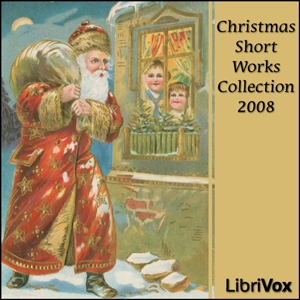



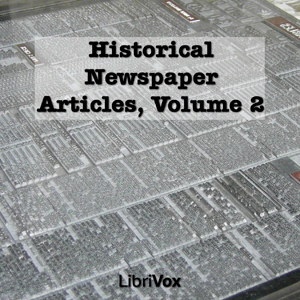
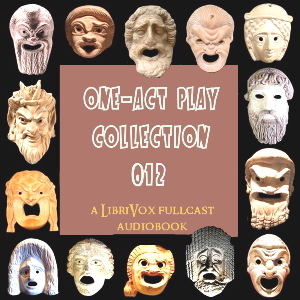


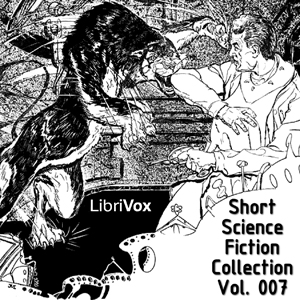
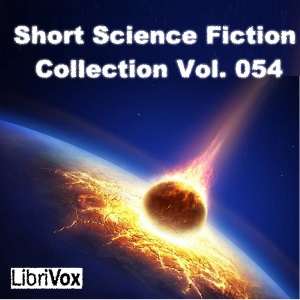
Reviews
There are no reviews yet.